But What About Socialization?
The most common concern I hear about homeschooling is, “but what are you going to do about SOCIALIZATION?” It’s a notorious and difficult-to-answer question that homeschooling families hear ALL THE TIME from people who, for the most part, mean well and are genuinely concerned. What I think most people mean when they ask it is, “How are your kids going to turn into ‘normal’ adults if you’re not sending them to school like ‘normal’ kids? How will they learn to make friends? How will they learn to deal with bullies? How will they learn to take tests, and sit at desks quietly, do things they don’t want to do, and think the way ‘normal’ people think? Won’t they feel like outsiders? Won’t they be lonely? Won’t they think and act in strange ways that we don’t really approve of?”
Most of us have our modern educational system so ingrained in our conception of childhood that we really struggle to imagine growing up outside of it. School prepares you for the Real World. School teaches you how to Get Along and Obey Instructions and Sit for Long Periods of Time. School teaches you things like English Grammar and Trigonometry and other subjects that seem boring and irrelevant but must, somehow, be absolutely necessary. School is the shared experience of childhood that bonds us together and gives us something to reminisce over and talk about as adults. It’s the foundation for College, for pete’s sake. Boys who don’t go to school won’t be tough enough for life away from their parents and will grow ponytails and play video games all day in the basement and pick their noses in front of girls. Girls who don’t go to school won’t have any friends or learn how to make themselves look pretty or be able to hack it in the competitive corporate world because all they want to do is get married and stay home and have babies.
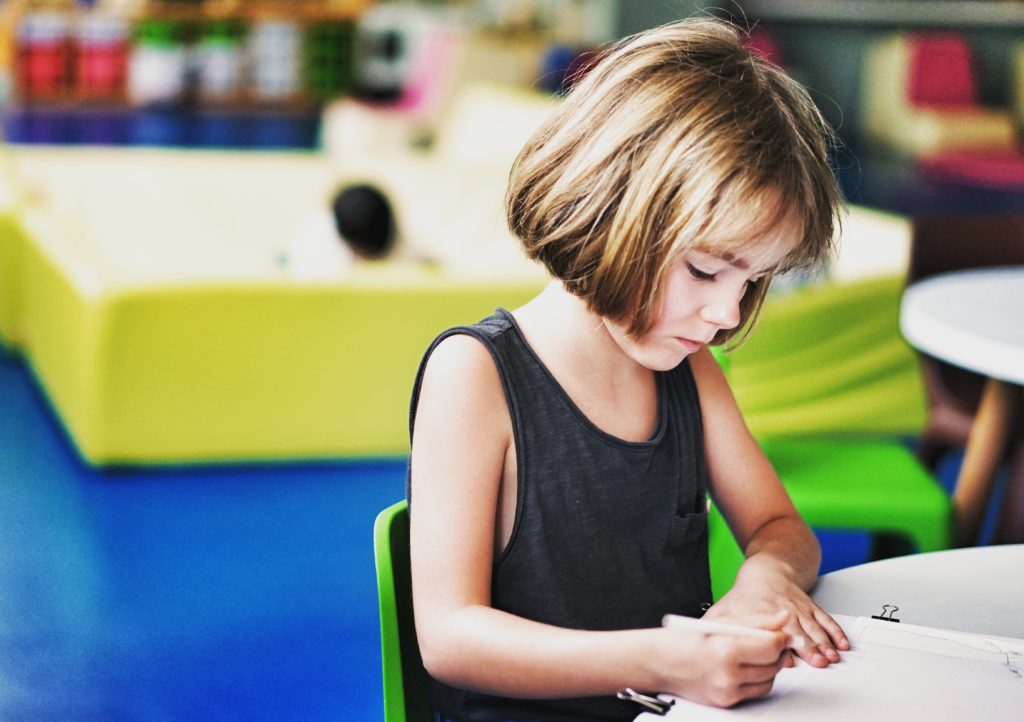
To many parents (like me, when I was younger), a “normal childhood,” is the best childhood – better, even, than one they would design themselves based on what makes them and their children happy (or good people). When my older kids were younger, I felt most successful as a mom when my life, and theirs, looked just like everyone else’s. It was okay if we were unhappy, as long as we were about as unhappy as everyone I was comparing myself to. Most of the adults I know (myself included) didn’t like school, and most people will readily admit that. And most people don’t remember much of what was taught there; instead, their memories are of being teased and abused by students and teachers alike. But despite these facts, or maybe because of them, we tend to think school is a necessary preparation for life, which is often (like school) difficult, boring, discouraging, and painful. Do kids really need that kind of preparation?
Our culture thinks that it promotes independent thinking, creativity, and problem solving, primarily through mass education in the public school system. Does it? Is that what you learned in school? I’ve always accepted this as true, even though it isn’t true of my own personal experience. Why have I spent so long believing something that I know isn’t true – or at least, isn’t always true? The older I get, the more I’m confronted with issues like this, where I’ve accepted an obvious lie as truth just because “everyone” believes it.
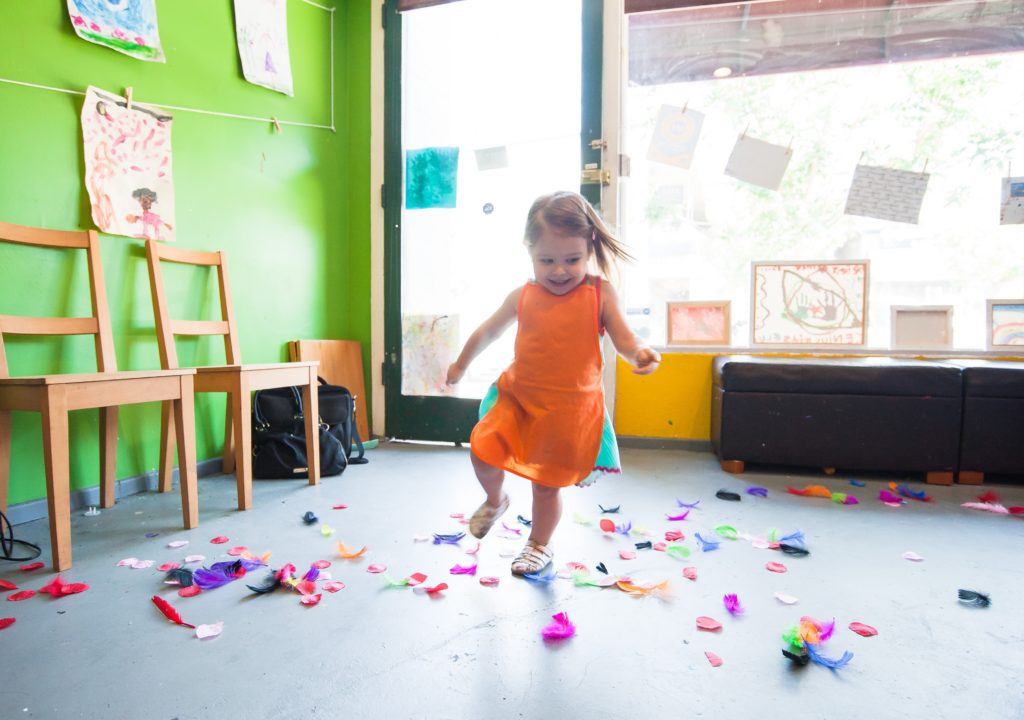
For the most part, our culture also thinks that denying children the experience of school will stunt their growth and turn them into misfit, unproductive adults. Really?? One thing I’ve learned from my homeschooling journey that most of us don’t think very deeply about our opinions. We pick them up from school, news stories, social media, and people we know, and we figure, who am I to question any of this? If they believe it, I believe it too. This should give you confidence when talking to people about homeschooling issues, including socialization. You can be almost 100% sure that you have thought more about the issue than the other person, and you certainly know your children and what they need better than the other person. Make it your goal to plant a tiny seed in their minds – not to argue or bully them into your way of thinking. Don’t be intimidated, and don’t assume that people are personally attacking you. They are probably just genuinely surprised to come across someone who is doing something different. Try to respond with patience and avoid becoming angry/defensive/condescending/sarcastic (I’ve already done all of those and can tell you, they are not effective).
If I were asked, today, what I am doing about socializing my kids, here are some things I might say:
- What exactly do you mean by socializing? I’ve found that different people are worried about different things – some are worried that my kids won’t or don’t have friends, or that they don’t know how to act around other people, or that they’ll be weird and unlikable. Some people worry that if my kids don’t go to school, they won’t learn how to work well with others as an employee. I don’t worry about any of those things. My kids have friends, they know how to treat others, and are on track to becoming great human beings.
- Can I ask you a question? How are you socializing your kids?
- Whose job is it to socialize our children? I think it is primarily the responsibility of parents, not schools. I like being in charge of their socialization, because I can choose role models and situations that I think will lead to proper socialization. I’m not leaving it up to someone else who may or may not share my values.
- I am teaching them how to be other-focused, rather than self-focused. I am teaching them the Golden Rule. I am teaching them about the life of Jesus and what he had to say about how to treat other people. I am providing them with opportunities to interact with kids and adults of all ages, in many different settings throughout the community. I take them to church, to the library, to the store, to the bank, to the post office, to my friends’ houses, and to their friends’ houses. We go to the park, the Rec Center, and a weekly homeschool co-op, as well as two different monthly homeschool groups. I think that limiting kids to a classroom full of their peers all day long, 5 days a week, severely limits their opportunities for real socialization.
- I don’t think kids learn appropriate social skills by spending their day at school surrounded by peers. I think they learn these skills by seeing them modeled by their parents and other people of all different ages in real social situations, like at a dinner party or baseball game or while playing at the park.
- I don’t worry about socialization.
- If you mean, how will they become normal, I guess I’m not interested in them becoming normal.
- I actually think that socialization at school is harmful. I remember the lessons I learned about how to interact with other people at school; all of them are very negative, and they don’t apply to real life as an adult. I learned that if you’re very quiet and try not to draw any attention to yourself, the mean kids will usually leave you alone. If they don’t, you just have to let them say or do what they’re going to do and try not to cry or talk back to them. I learned that the best ways to move up the social ladder are to make fun of the people who are lower on it than you are and to do whatever the people above you tell you to do. I learned that if you are an athlete, people will admire and like you; if you’re not, they generally won’t. I learned that friendships are about what other people give and do for you, not about what you give or do for them. I learned that teachers and adults in general don’t like kids and aren’t interested in them as individual people. I want to spare my kids from that kind of socialization.
- The best thing I ever did for the socialization of my children is to stop sending them to school. (Ouch.)
- I’m glad you asked! Maybe we can both share some strategies that are working for our families. I’ve done a lot of research on socialization, and I’m always looking for new information.

Above all, be kind, and as I tell my children daily, give people the benefit of the doubt. Assume that they are being curious, not antagonistic. Your body language and tone of voice will speak louder than what you actually say.
If you have any thoughts on socialization or any other homeschooling issue, talk to us in the comments!

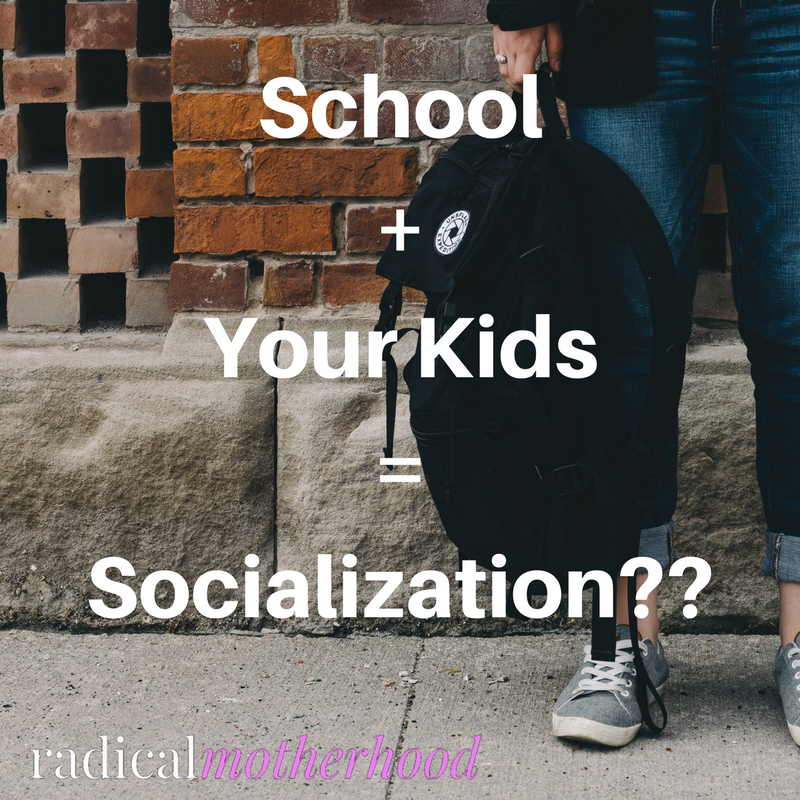
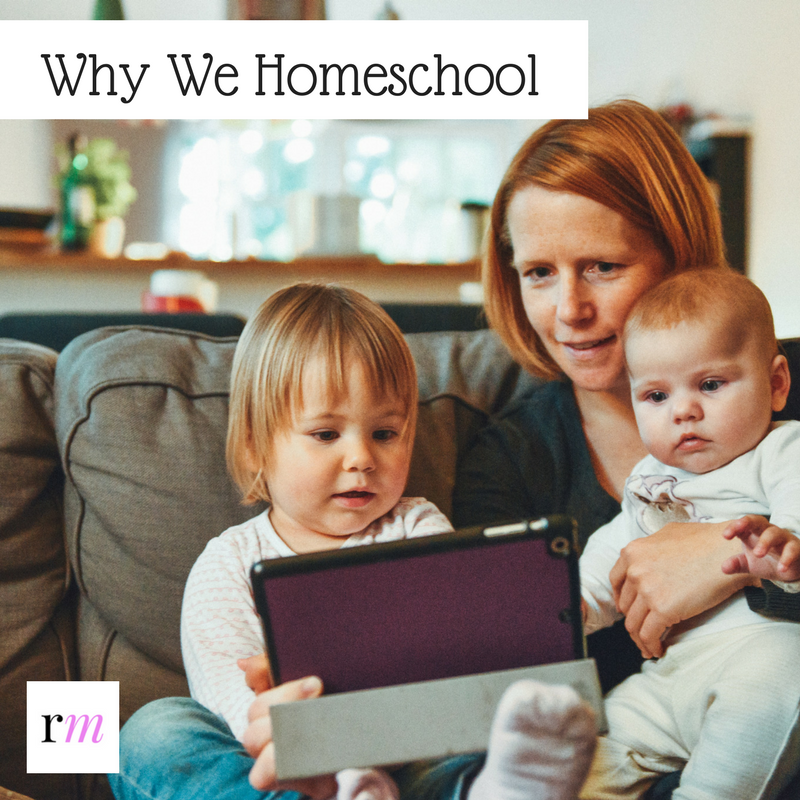
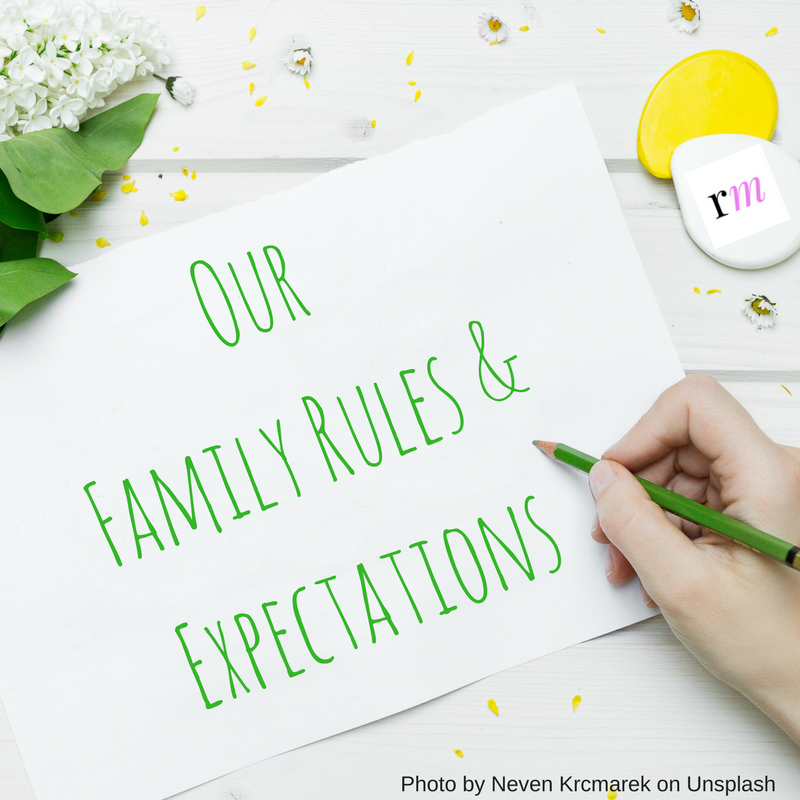
Comments are closed.